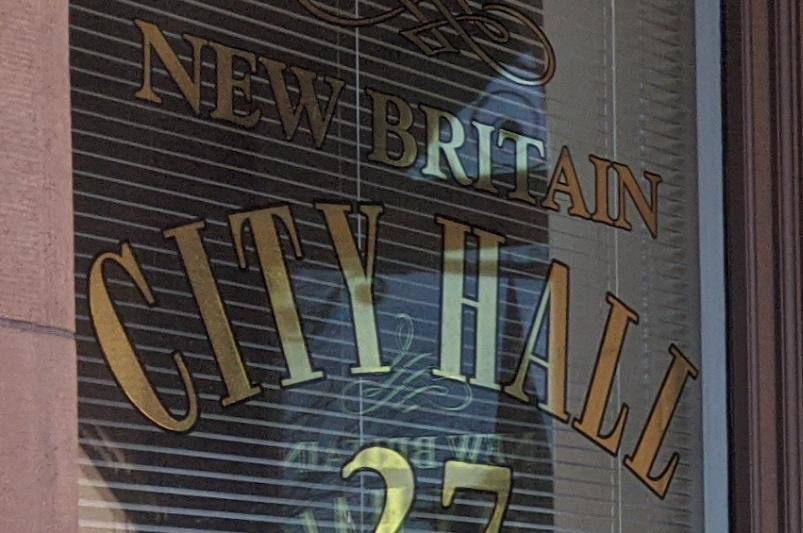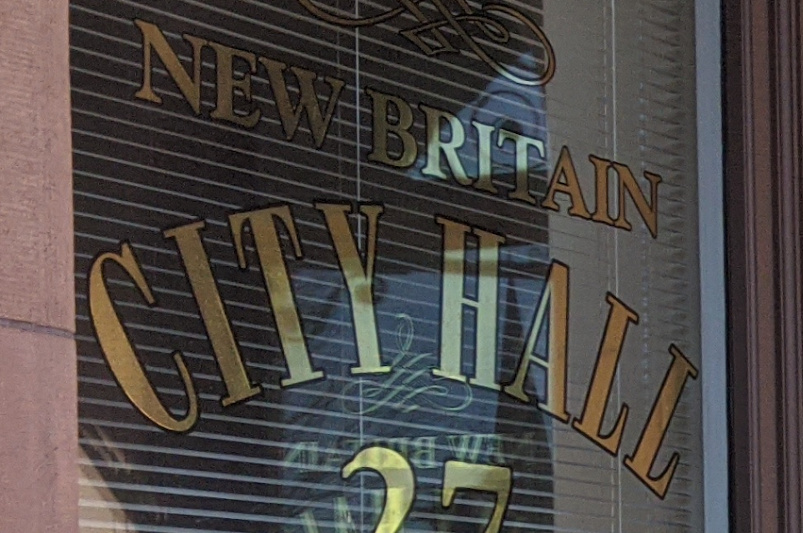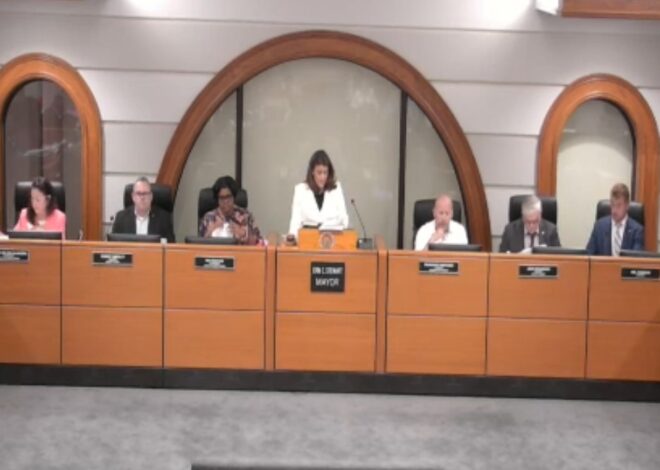The city Charter Revision Commission has voted to support a change in Council elections to a system of five districts with minority party seats.

In the plan tentatively approved by the Commission, the voters in each of the city’s five City Council districts, commonly called “wards”, would each elect three Council members. Voters would vote for up to two candidates, and the three candidates with the highest votes in each ward would be elected. Under the system, there would be no seats elected at large.
The new system would limit each party to nominating two candidates in each ward, so at least one candidate nominated by another party, or a petitioning candidates, would be elected.
For example, if only Republican and Democratic candidates are running, each ward would be represented two Council members from one party and one from the other. But advocates for the proposal also noted that minority party or petitioning candidates could be among the three elected from any ward.
Commission Chair Sharon Beloin-Saavedra offered the proposed new system to Commission members at the beginning of the meeting, saying that she supports district representation on the Council. Beloin-Saavedra has advocated in the Commission for ensuring diverse representation on the Council.
Beloin-Saavedra also said that election of Council members from neighborhood wards opens up better ballot access for people to become candidates.
When it came to a vote, the proposal was overwhelming approved by the Commission.
Only Commission member Daniel Salerno opposed the proposal, saying that he preferred that all Council members be elected citywide. However, doing that could be challenged in court under the Voting Rights Act, as could other types of changes, such as increasing the number of at-large Council seats or reducing the number of Council districts.
While the Commission overwhelmingly voted in support of the five ward-minority party system, several members of the Council’s majority caucus have said that they favor keeping the current system of Council elections, raising the prospect of vigorous debate on the proposal when it goes to the Council. Under the current system, the voters in each ward elect two Council members and five Council members are elected at-large, with no guaranteed minority party representation.
The discussion is a part of a charter revision process that the Council initiated at its January 26, 2022 meeting. That process included appointing the Charter Revision Commission.
A city or town’s charter is its main governing document, similar to the federal or a state constitution, but only concerning the management of the local government. The charter is above ordinances (local laws) approved by the Council, which must follow the charter. The City Charter is still subordinate to the state Constitution and laws.
Charter revision commissions are required under state law to hold at least two public hearings, “one prior to the beginning of any substantive work,” which the Commission has already held, and, “one after the draft report to the appointing authority has been completed, but not submitted, after which hearings the commission may amend such report.”
After receiving the Commission’s proposals, the Council would then be required to hold at least one public hearing on those recommendations. After that, the Council may make recommendations for changes to the proposals or accept the Commission’s report as final. If the Council proposes changes, the Commission considers whether to accept them and then submits its final report.
Then the Council considers the proposed Charter changes for a final up or down vote, with a majority of the total membership of the Council, eight of the fifteen, needed to approve the changes.
If the Council approves of any such Charter amendments, they then place any proposed amendments on the ballot in a referendum, at which time the city’s voters would have the chance to accept them or vote them down.




